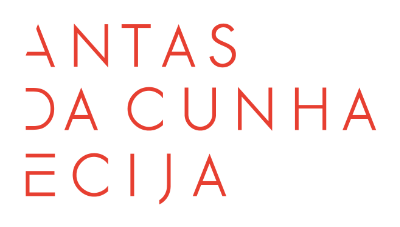The protection of industrial property rights associated with fashion creations, such as through the registration of trademarks and designs, is essential. It serves not only to preserve the designers’ originality and creativity but also to safeguard the investment and reputation of companies/brands.
If, on the one hand, each new design represents an artistic expression, on the other hand it represents significant investment in research, development, and branding. The legal protection of trademarks and designs ensures that creators can reap the benefits of their work and take action against the unauthorized use and exploitation of their creations. Furthermore, the protection of designs promotes an environment where innovation is valued and protected, encouraging the continuous aesthetic and technical evolution of the industry, benefiting consumers, creators, and local and global economies.
In order for a trademark or design to be legally protected, it must be registered, which grants the holder the exclusive right to its use. Once a trademark or design is registered, it is important for the holder to remain vigilant regarding the actions of other sector agents, so that they can timely react against the registration of identical or similar trademarks or designs. This can include, but is not limited to, filing an opposition to the registration or even pursuing criminal charges for the infringement of their rights.
The rigorous defense of industrial property rights is fundamental for protecting the integrity of a brand and maintaining its competitive advantage in the market.
An example of this need for protection and diligence, specifically in the fashion sector, is the recent “Pocket Socks” case:
On June 20, 2024, in the U.S. District Court for the Southern District of California, the company Pocket Socks Inc. filed a lawsuit against the well-known luxury brand Louis Vuitton and musician Pharrell Williams for violation of their industrial property rights.
Indeed, Louis Vuitton presented its latest men’s collection at Paris Fashion Week, the first designed by Pharrell Williams, who was announced as the brand’s men’s line creative director in 2023. One of the items that drew particular attention was socks with integrated pockets, which the brand dubbed “Pocket Socks.”
However, the founder of the company and the holder of the registered trademark Pocket Socks, Inc., originally known as Zip it Sox when it was incorporated in 2002, claims authorship of the design of the socks with integrated pockets, a product that has become the essence of the brand (evident from the name itself).
To protect the value of its brand, Pocket Socks, Inc. registered the name “POCKET SOCKS” as a trademark, also protecting the design for the configuration of the pocketed sock.
Pocket Socks Inc. claims that all the attention and publicity generated around Louis Vuitton’s “Pocket Socks” by the brand, the press, and consumers, who associate the name “Pocket Socks” with that product, irreparably harms their long-acquired rights.
In the lawsuit, Pocket Socks, Inc. argues that Louis Vuitton and Pharrell Williams violated their registered trademark by using it in a way that causes consumer confusion, misleading them into believing that those socks are somehow associated with Pocket Socks. They also claim that their trade dress was violated, as they allege that Louis Vuitton and its creative director imitated their distinctive pocketed sock design, which consumers recognize as Pocket Socks’ characteristic style. Furthermore, they allege that Pocket Socks holds a design registration for their pocketed sock invention, accusing Louis Vuitton and Pharrell Williams of unfair competition.
This case, still pending, reminds us that even luxury brands with high sector recognition can face serious legal issues if they violate others’ industrial property rights. For smaller companies like Pocket Socks, Inc., the rigorous defense of their hard-earned rights against market giants is crucial for protecting their integrity and market share. For Louis Vuitton and its creative director Pharrell Williams, the publicity of such cases could strongly affect not only the debut of their new sock line but also the brand’s overall reputation.
Regardless of the case’s outcome, it, like many others, serves as a lesson for all brands—from the least known to the most famous—to protect their creations and stay vigilant for potential rights violations, while also respecting the rights of others.
by Ricardo Cardoso e Sara Rios Vieira, Área de Prática – Sports, Fashion and Entertainment



